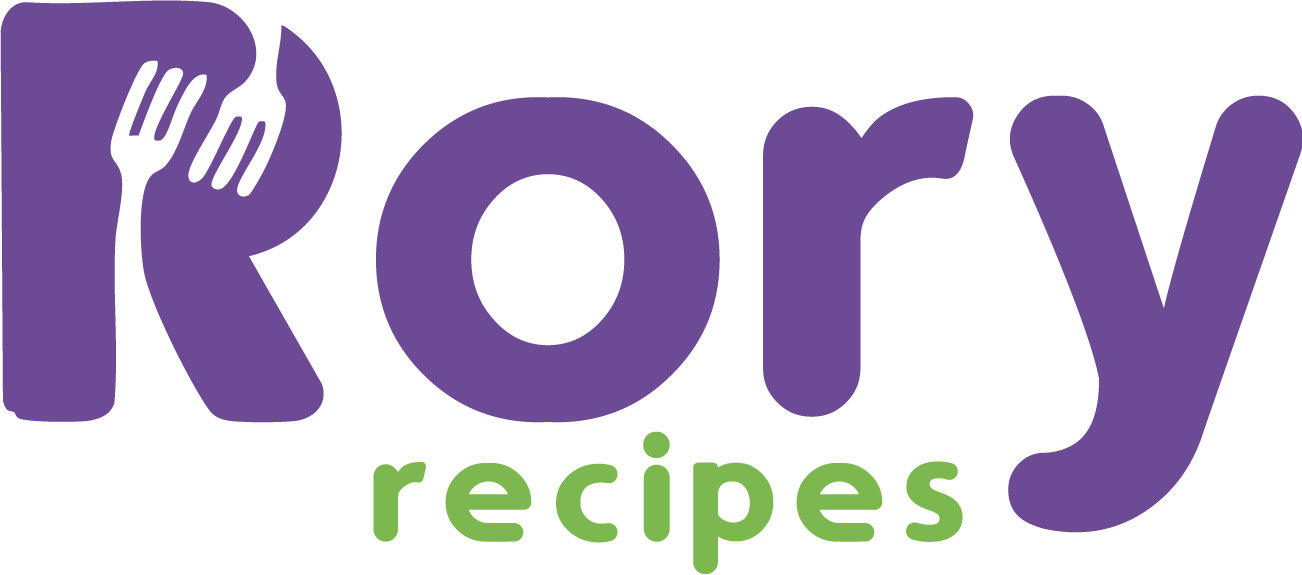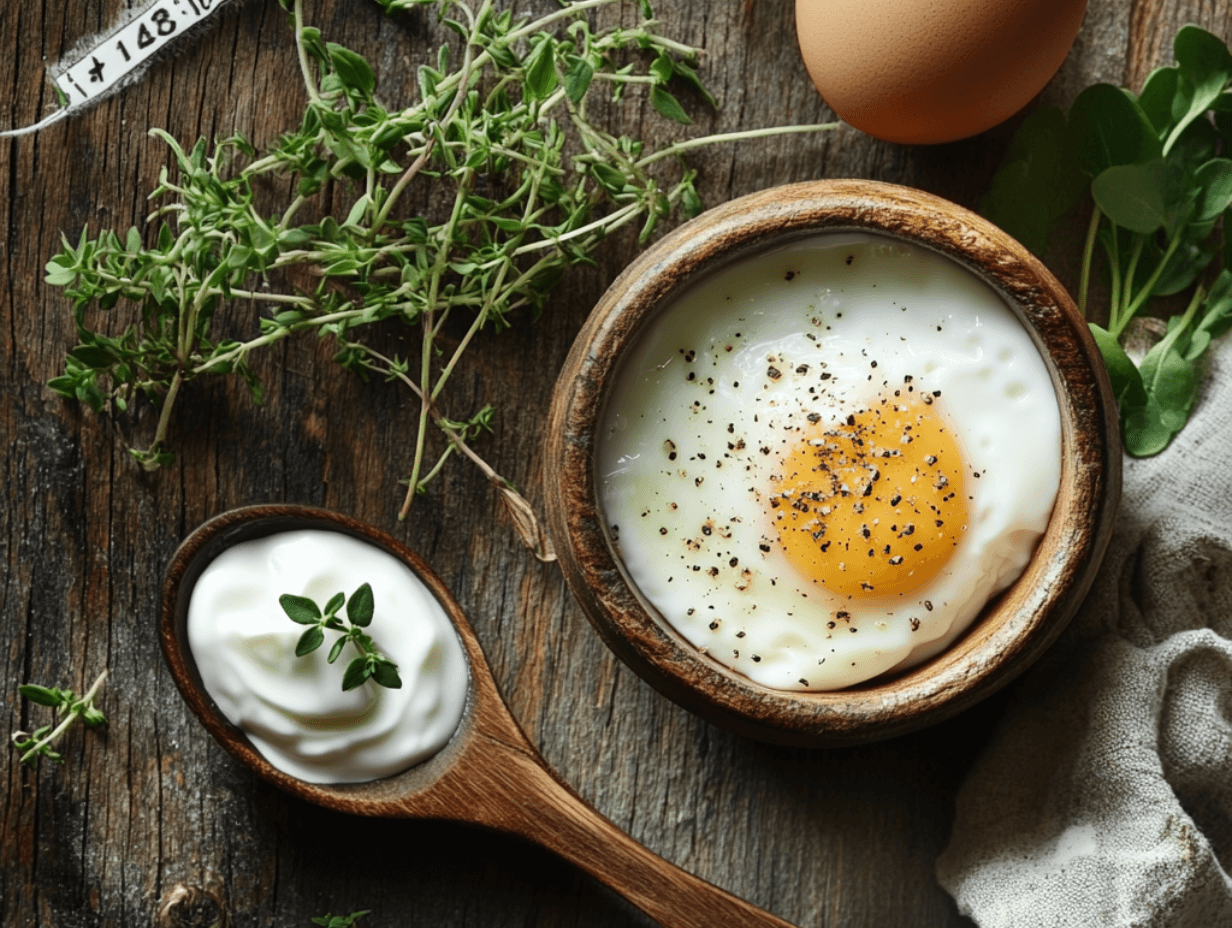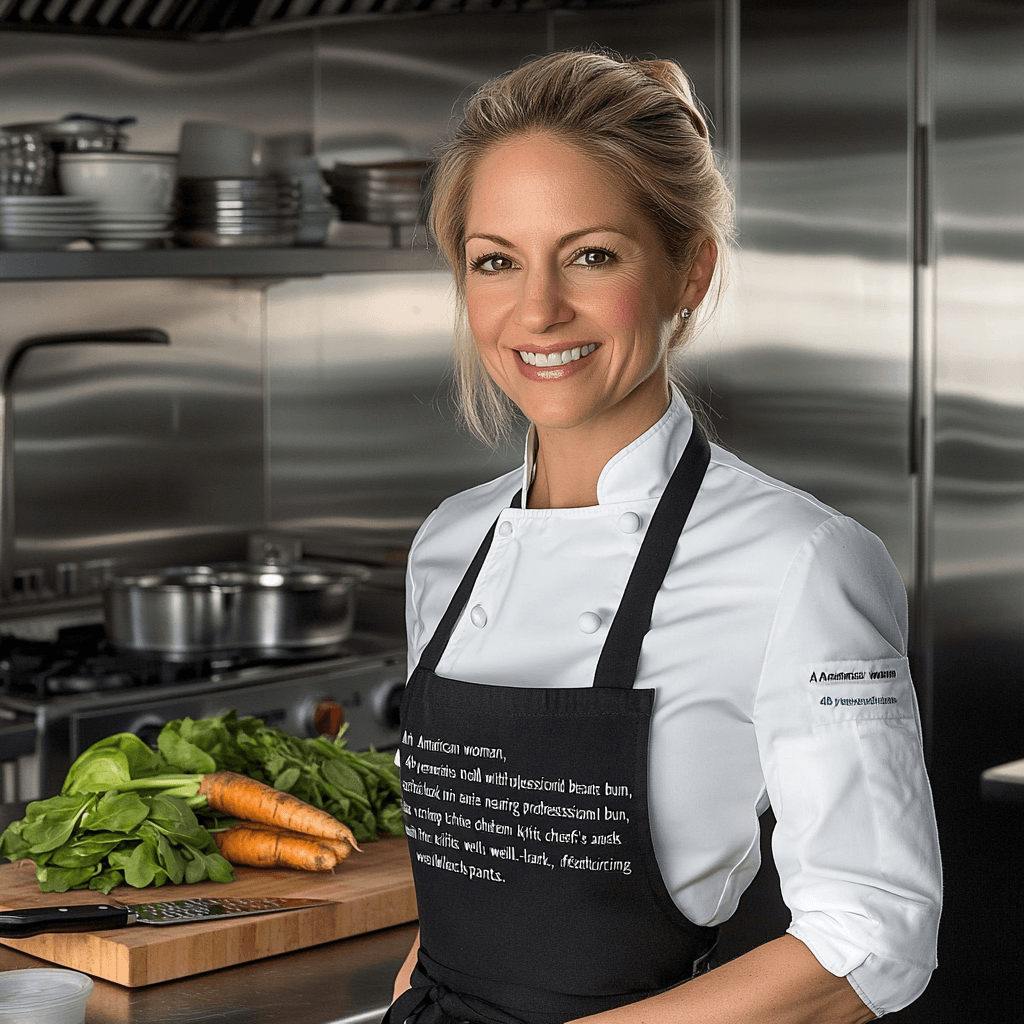Table of contents
Eggs and yogurt are staples in many households worldwide. Each offers unique nutritional benefits and is versatile in both cooking and personal care. A common question arises: Can you mix egg and yogurt? The answer is a resounding yes! But before you start experimenting, it’s essential to understand the compatibility of these ingredients and how to use them effectively.
In this article, we’ll explore the nutritional value of combining egg and yogurt, their roles in culinary and beauty routines, tips for safe mixing, and some fascinating facts to dispel myths. Whether you’re looking to create a protein-packed recipe or enhance your beauty regimen, this guide will answer the question, “Can you mix egg and yogurt?
Nutritional Benefits
Combining egg and yogurt brings together a nutrient-rich duo that offers numerous benefits for your body. Here’s a closer look at the individual and combined advantages of these two ingredients.
Nutrients in Eggs
Eggs are often referred to as a “nutritional powerhouse.” They are rich in high-quality protein, essential vitamins, and minerals such as:
- Protein: One large egg provides about 6 grams of protein, essential for muscle repair and growth.
- Vitamin B12: plays a crucial role in energy production and maintaining a healthy nervous system.
- Vitamin D: helps strengthen bones and supports proper immune system function.
- Choline: Crucial for brain health and metabolism.
Nutrients in Yogurt
Yogurt, especially Greek yogurt, is rich in probiotics, calcium, and protein, making it a perfect partner for eggs.
When people ask, “Can you mix egg and yogurt?, This combination provides a complete protein profile, balances macronutrients, and offers extra perks such as better digestion and healthier skin.
Combined Health Benefits
By combining egg and yogurt, their nutrients complement one another, leading to:
- Enhanced Protein Content: The combination creates a complete protein profile, providing all nine essential amino acids.
- Improved Digestion: The probiotics in yogurt aid in breaking down proteins, making them easier to absorb.
- Balanced Macronutrients: Eggs provide healthy fats, while yogurt adds carbohydrates and probiotics, creating a well-rounded option for meals or snacks.
- Improved Skin and Hair Health: Eggs supply vitamins and healthy fats, while yogurt contributes probiotics and lactic acid, supporting skin and hair health whether consumed or used topically.
Culinary Uses
Egg and yogurt are versatile ingredients that enhance many recipes, from savory dishes to baked goods. Their smooth blending capability makes them a versatile duo in the kitchen.
Cooking with Egg and Yogurt

Both egg and yogurt are widely used in recipes to:
- Improve texture
- Add richness
- Enhance flavor
Here are some examples of how they work together:
- Pancakes and Muffins: Yogurt keeps them moist, while eggs give structure and a fluffy texture.
- Omelettes: Mixing yogurt with eggs results in a creamier texture and a subtle tangy flavor.
- Savory Sauces and Dressings: Yogurt acts as a base, and egg yolks add richness and stability to emulsions like mayonnaise or hollandaise.
Recipes That Use Both Ingredients
- Shakshuka with Yogurt: This Middle Eastern classic combines poached eggs in a flavorful spiced tomato sauce, finished with dollops of yogurt for a tangy touch.
- Quiches and Frittatas: Yogurt can replace cream for a lighter, tangy flavor.
- Yogurt Custards: A creamy dessert that balances the richness of eggs with the tartness of yogurt.
Cultural Dishes
Certain cuisines have perfected the art of combining these ingredients. For example:
- Indian Cuisine: Egg curries often incorporate yogurt for creaminess and acidity.
- Greek Cuisine: Dishes like spanakopita use eggs and yogurt in fillings for a rich texture.
Beauty and Skincare
Egg and yogurt have uses beyond the kitchen—they are also popular ingredients in natural beauty and skincare routines.Their combined properties make them an excellent choice for nourishing the skin and hair. Discover how to incorporate these ingredients into your beauty routine for amazing results.
Hair Masks with Egg and Yogurt
Eggs are rich in proteins and fats that help repair damaged hair, while yogurt provides hydration and fights dandruff. Together, they create a powerful natural conditioner.
- Benefits for Hair:
- Restores moisture to dry, brittle hair.
- Strengthens hair follicles and promotes growth.
- Reduces dandruff with yogurt’s probiotics and lactic acid.
- DIY Hair Mask Recipe:
- Whisk one egg until it’s frothy.
- Stir in 2-3 tablespoons of plain yogurt and blend until the mixture is smooth .
- Work the mixture into your hair, concentrating on the roots and ends.
- Leave it on for 20-30 minutes.
- Rinse well with lukewarm water, then shampoo as you normally would.
For optimal results, repeat this treatment weekly.
Benefits for Skin
Eggs and yogurt can also work wonders for your skin. Eggs firm and tone the skin, while yogurt calms and hydrates. Together,, they create the perfect natural face mask.
- Benefits for Skin:
- Tightens pores and reduces fine lines with egg whites.
- Exfoliates dead skin cells using yogurt’s lactic acid.
- Hydrates and balances the skin’s natural oils.
- DIY Face Mask Recipe:
- Separate an egg and use the white for oily skin or the yolk for dry skin.
- Mix with 2 tablespoons of plain yogurt.
- Spread the mixture evenly across your face and neck.
- Allow it to rest on your skin for 15-20 minutes, then rinse off with warm water.
This mask can be used 1-2 times a week for glowing, healthy skin.
Tips for Application
- Always use fresh, high-quality eggs and plain yogurt.
- Do a patch test beforehand to ensure you don’t have any allergic reactions to the mask.
- Avoid using hot water to rinse egg-based masks, as it can cause the egg to cook.
How to Safely Mix Egg and Yogurt
While mixing egg and yogurt is generally safe, there are some key tips to ensure the process is hygienic and effective.
Ideal Proportions
- Use a ratio of 1 egg to 2-3 tablespoons of yogurt for most recipes, whether in cooking or beauty treatments.
- Adjust the proportions based on the desired consistency.
Avoiding Curdling
Curdling can happen if eggs are exposed to sudden heat. To prevent this:
- If cooking, add yogurt to eggs slowly and stir constantly.
- Use low to medium heat when incorporating these ingredients into hot dishes.
Handling Raw Eggs Safely
- Ensure eggs are fresh and stored correctly in the refrigerator.
- Wash your hands and all surfaces thoroughly after handling raw eggs.
- If consuming raw egg mixtures, such as in smoothies or no-bake recipes, opt for pasteurized eggs to reduce the risk of salmonella.
Popular Myths vs. Facts
The combination of egg and yogurt has inspired various claims, some of which are rooted in myth rather than science. Let’s address these misconceptions and clarify the facts.
Mixing Egg and Yogurt Is Unsafe
- Fact: Mixing egg and yogurt is perfectly safe if done with fresh ingredients and proper hygiene. Concerns often stem from mishandling raw eggs, which can be avoided by using pasteurized eggs or thoroughly cooking the mixture.
- Myth 2: The Combination Tastes Unpleasant
- Fact: When prepared correctly, egg and yogurt can enhance the flavor of many dishes. For example, yogurt adds a tangy richness to scrambled eggs or baked goods, creating a balanced and enjoyable taste.
Yogurt Neutralizes the Nutrients in Eggs
- Fact: There’s no scientific evidence to support this claim. Instead, combining these two ingredients can complement their nutrient profiles, particularly by providing a full spectrum of essential amino acids and beneficial probiotics.
Egg and Yogurt Mixtures Can’t Be Heated
- Fact: While caution is needed to avoid curdling, heating a mixture of egg and yogurt is not only possible but common in culinary applications. Gradual heating and constant stirring prevent curdling and ensure a smooth texture.
It’s Only for Cooking or Beauty
- Fact: Egg and yogurt are versatile and can be used in a variety of ways, from health drinks to topical treatments. Their benefits go beyond just cooking or skincare, supporting overall health and wellness.
Frequently Asked Questions
Below are some frequently asked questions about mixing egg and yogurt, along with clear and concise answers.
1. Can I Eat Raw Egg and Yogurt Together?
Yes, you can eat raw egg and yogurt together, but it’s essential to use pasteurized eggs to minimize the risk of salmonella. Always ensure both ingredients are fresh and stored properly.
2. What Dishes Can I Make with Egg and Yogurt?
Some popular dishes include:
- Scrambled eggs with yogurt for extra creaminess.
- Yogurt-marinated egg curry.
- Baked goods like muffins or cakes that use yogurt and egg for moisture and structure.
3. Is Egg and Yogurt Good for Weight Loss?
Yes! This combination is high in protein, which promotes satiety and helps build lean muscle. Yogurt’s probiotics also support digestion, making it a great addition to a weight-loss diet.
4. How Long Does Egg and Yogurt Last in the Fridge?
If mixed and stored in an airtight container, egg and yogurt mixtures can last up to 2 days in the fridge. However, it’s best to use them fresh for optimal flavor and safety.
5. Can I Use Flavored Yogurt with Eggs?
Flavored yogurts are not ideal for cooking or beauty treatments due to added sugars and artificial flavors. Stick to plain or Greek yogurt for the best results.
6. Is It Safe to Apply Egg and Yogurt Masks to the Skin?
Yes, it’s safe for most people, but always do a patch test first to rule out allergies or skin sensitivities. Avoid applying to broken or irritated skin.
7. Can Mixing Egg and Yogurt Improve Digestive Health?
Yes, combining eggs and yogurt can support digestive health, primarily due to yogurt’s probiotics. These beneficial bacteria promote gut health and aid in digesting the proteins from the egg more efficiently.
8. Can Egg and Yogurt Be Used in Keto Recipes?
Absolutely! Both egg and yogurt are low in carbohydrates and high in fats and proteins, making them excellent choices for keto-friendly recipes like omelets, keto pancakes, or yogurt-based sauces. Just ensure you’re using full-fat yogurt with no added sugars.
9. Are There Any Allergies Associated with Egg and Yogurt?
Consult a healthcare professional if you think you may have an allergy.
10. Can I Use Egg and Yogurt in Smoothies?
Yes, you can add raw egg (preferably pasteurized) and yogurt to smoothies for a protein boost. Popular combinations include yogurt, egg, banana, and a dash of honey for a nutritious and energy-packed drink.
Conclusion

So, can you mix egg and yogurt? Without a doubt, this combination is both safe and versatile. Whether used in cooking or beauty routines, they complement each other perfectly. By learning how to mix egg and yogurt effectively, you can unlock numerous health and practical benefits in your daily life.
By understanding how to safely and effectively combine these ingredients, you can unlock their full potential in your daily routine. Give it a try—you may be surprised by the results!





